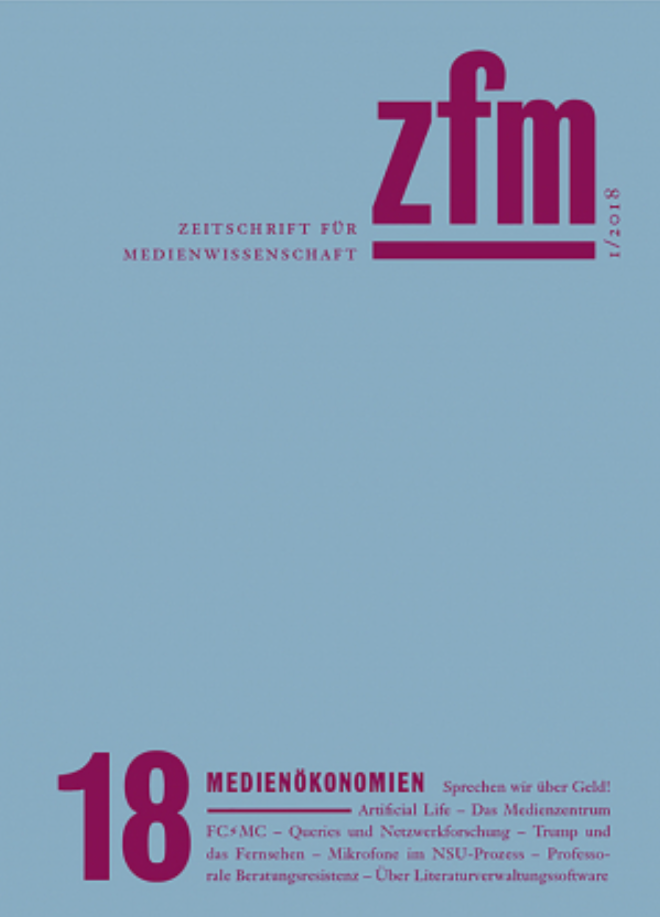
Just out with meson press: Pandemic Media is an open-access collection edited by Philipp Dominik Keidl, Laliv Melamed, Vinzenz Hediger, and Antonio Somaini. To say that the collection is timely is of course a truism, but in line with the strange temporality of life in the pandemic, I think you’ll find that many of the articles are in fact “untimely” (in the Nietzschean sense), and that they might help create distance where that seems impossible.

I am honored to have a short piece included in the collection, titled “‘Thus isolation is a project.’ Notes toward a Phenomenology of Screen-Mediated Life.” Here I try to think critically and phenomenologically about the Zoom-sphere and about the new forms of sociality that are emerging and will be required in the future.
An HTML version of the collection is available now, and a print edition is coming in December. Check it out!










